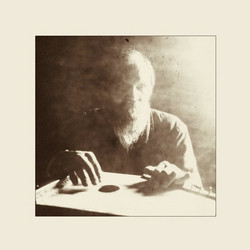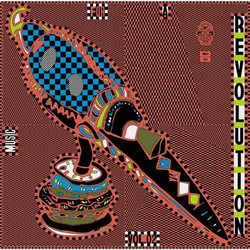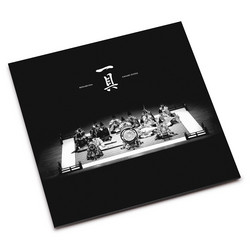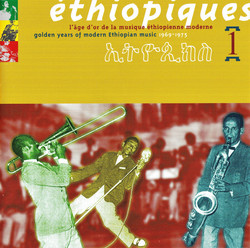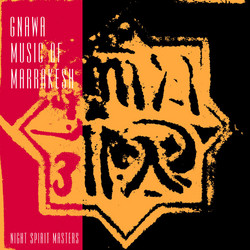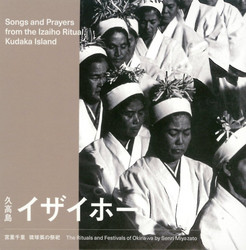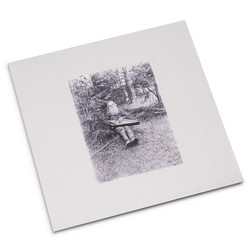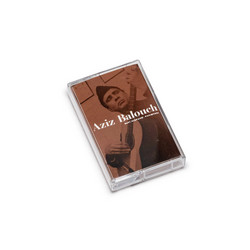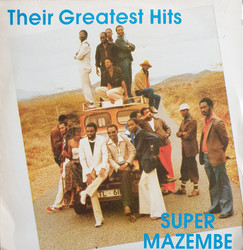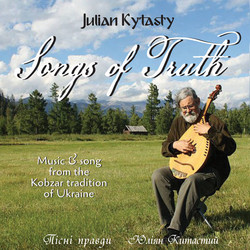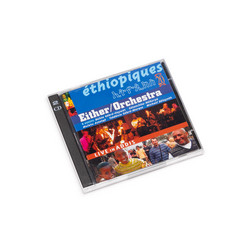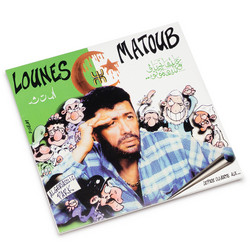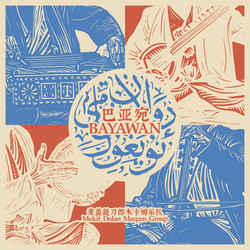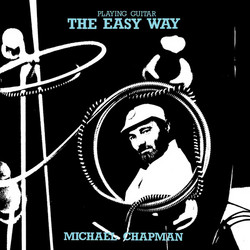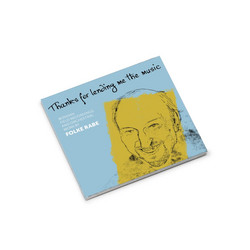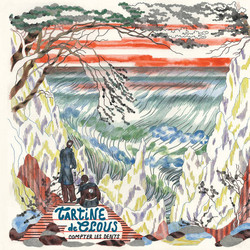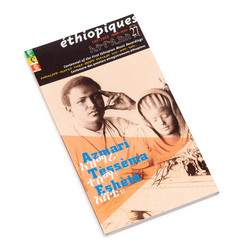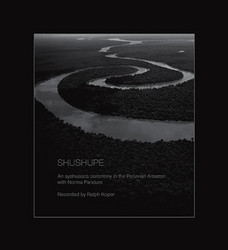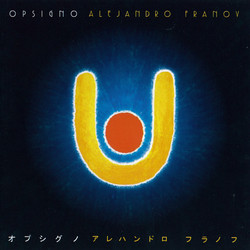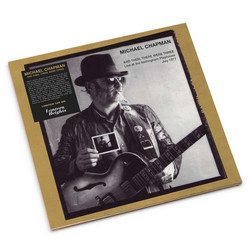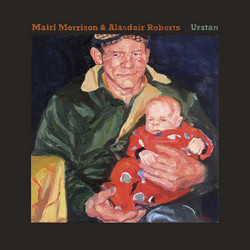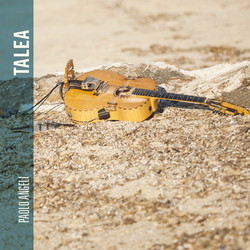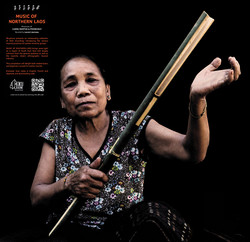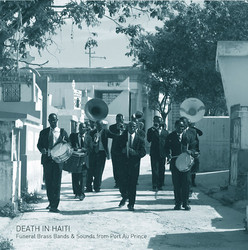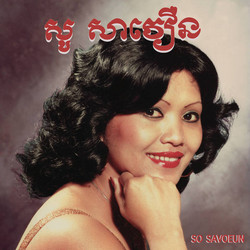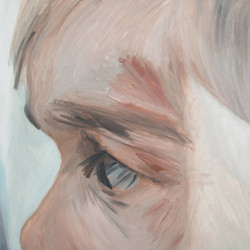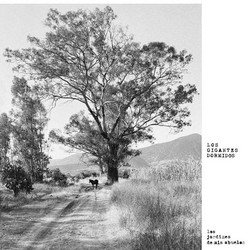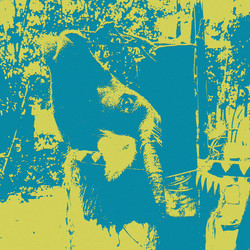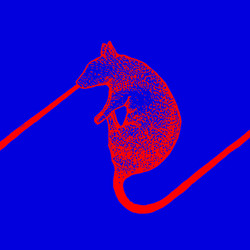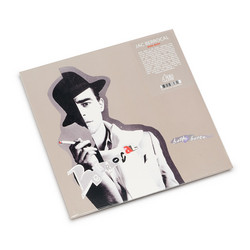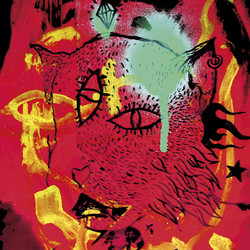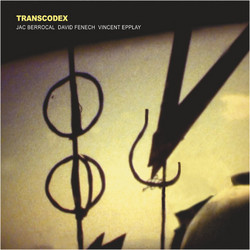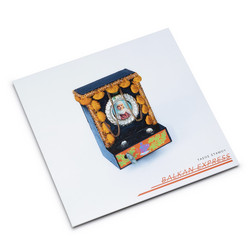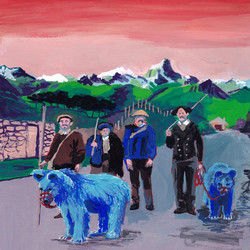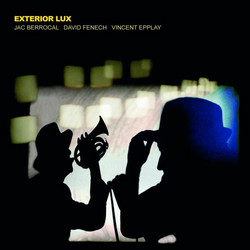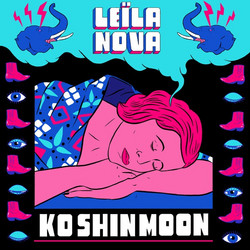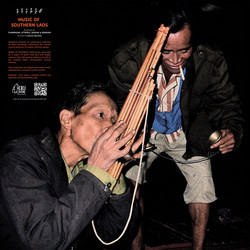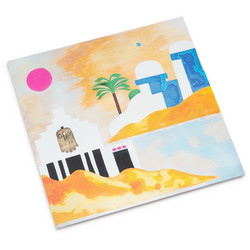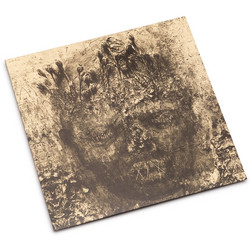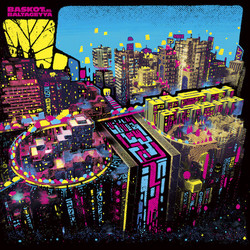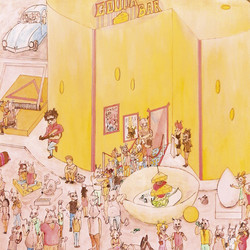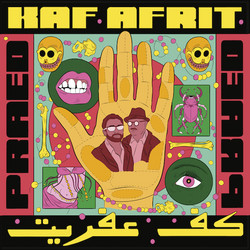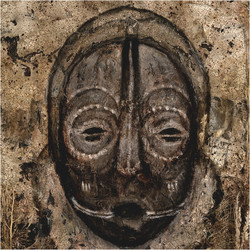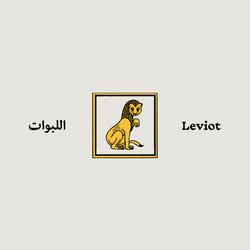Chloé Despax, Felix Blume
Agua Larga: Traditional & Imaginary Cimarron Music (LP+CD)
Agua Larga offers an immersion into the Afro-Ecuadorian culture of the province of Esmeraldas. The authors have captured how music is part of the daily life of the inhabitants, and how it interacts with the other sound elements that surround it. The musical material is thus accompanied by stories, poems and scenes of everyday life captured on the spot, far from aseptic studios, in public spaces, on river banks or by the sea. The guiding theme is water ("agua" in Spanish), in all its forms. It was the sea that brought the slaves to this new continent, but it is the sea that supplies the fishermen of today with fish. The rivers and streams used by boats and pirogues connect the villages of this rainforest. Water has also become a rare commodity in the city, where access is still difficult for some of the population. Scenes taken on the spot will mark this omnipresence of water, as a place to live and a necessary daily resource. This documentary project is intended as a sound testimony to an oral culture that is still too little known.
Chloé Despax has been interested in traditional music for a number of years, having directed 'Gnawas jour et nuit' (2016). She then directed the children's drama 'A Ritmo endiablado de bomba' (2020), whose main character is Davilara, a skilled bomba player, a musical and percussion style specific to the Chota Valley in northern Ecuador.
Félix Blume is passionate about sound recording and field-recording. In the course of his travels and projects, he also takes an interest in popular musical culture, notably with his vinyl record 'Death in Haïti' (2018), which offers a plunge into the heart of the funeral bands of Port au Prince.
